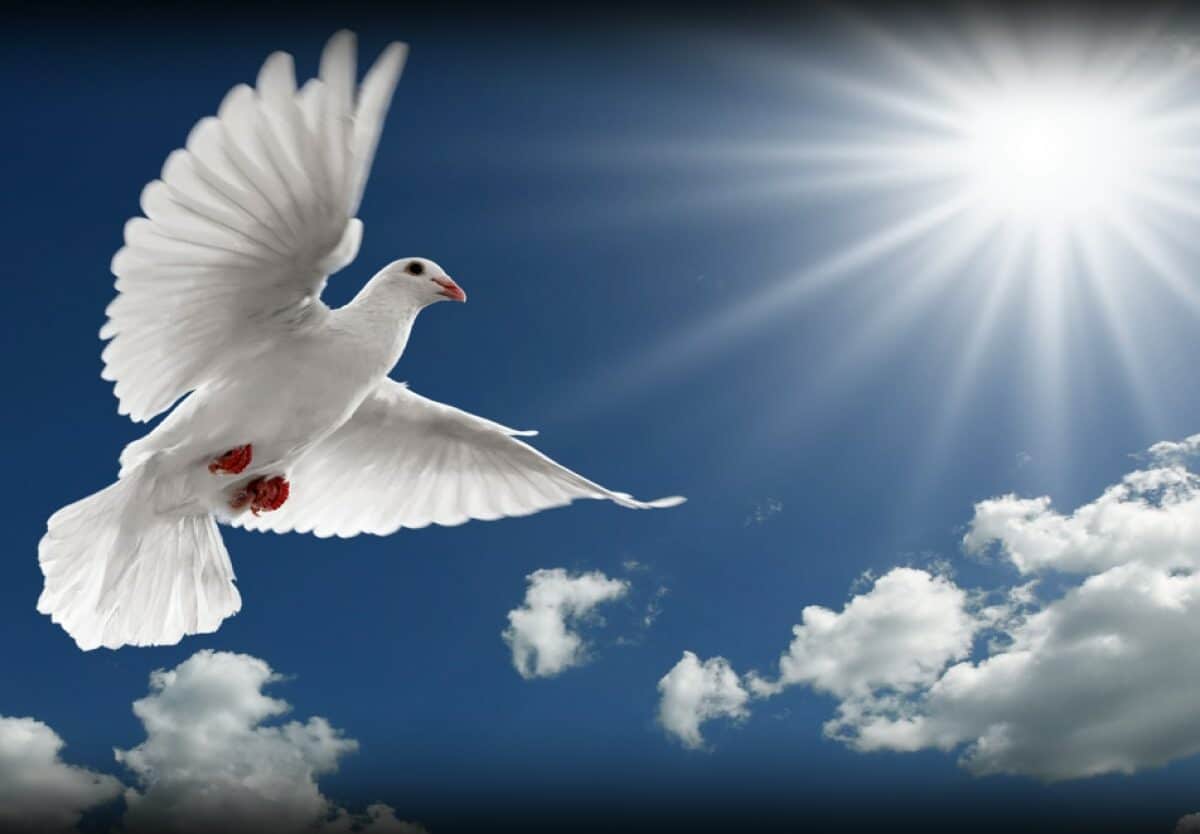
Ever wondered why Whit Monday, also known as Pentecost Monday, feels like a breath of fresh air in the calendar? Whit Monday is celebrated the day after Pentecost, a significant event in Christianity marking the Holy Spirit's descent onto Jesus' disciples. But there's more to this day than just its religious roots. From its varying dates each year to its diverse global celebrations, Whit Monday is a day of renewal, reflection, and community spirit. Whether you're deeply devout or simply enjoy a day off, this holiday has something for everyone. Ready to dive into the fascinating world of Whit Monday? Let's uncover the traditions, history, and unique ways countries around the globe honor this special day.
Key Takeaways:
- Whit Monday is a Christian holiday celebrated after Pentecost, marking the end of the Easter season. It's a day of relaxation, family gatherings, and cultural events in various countries.
- Whit Monday encourages reflection on the spiritual aspects of life and the importance of community. It also fosters cultural exchange and understanding, promoting a sense of global community.
What is Whit Monday?
Whit Monday, also known as Pentecost Monday, is a Christian holiday celebrated the day after Pentecost, a significant festival in the Christian calendar commemorating the descent of the Holy Spirit upon the apostles and other followers of Jesus Christ. This event is described in the New Testament of the Bible, in the Book of Acts, Chapter 2. Whit Monday is observed by various Christian denominations and marks the conclusion of the Easter season. The date varies each year, as it is determined by the date of Easter.
The Origins of Whit Monday
-
The name "Whit Monday" is believed to have originated from "White Monday," referring to the practice of the newly baptized wearing white garments during Pentecost. This tradition underscores the purity and renewal of faith that Pentecost signifies for Christians.
-
Historically, Whit Monday was a day of relaxation and enjoyment, coming after the solemn observance of Lent and the joyous celebrations of Easter. Communities would often participate in outdoor activities, games, and fairs, making the most of the spring weather.
Whit Monday Around the World
-
Whit Monday is a public holiday in several countries, including parts of Europe and the Caribbean. In these regions, businesses and schools may close, and people enjoy a long weekend, often engaging in family gatherings, religious services, and cultural events.
-
In Germany, Whit Monday (Pfingstmontag) is a day for processions, with many communities organizing parades that include music, dancing, and sometimes, horseback riding. These celebrations can trace their roots back to medieval times.
-
France observes Whit Monday as a day for family picnics and short trips, taking advantage of the late spring weather. However, its status as a public holiday has seen changes over the years, reflecting the country's evolving relationship with religious observance and secularism.
Unique Traditions of Whit Monday
-
In some Eastern Orthodox Churches, Whit Monday is known as the "Day of the Holy Spirit," focusing specifically on the role of the Holy Spirit in Christian theology and life. Services on this day often include hymns and prayers dedicated to the Holy Spirit.
-
In the United Kingdom, Whit Monday was traditionally a bank holiday until 1971. It was then replaced by a fixed Spring Bank Holiday on the last Monday of May, moving away from the religious observance but retaining a public holiday around the same time.
-
Certain regions in the Netherlands celebrate Whit Monday with "Dauwtrappen," a tradition where people go for early morning walks or bike rides in nature. This practice is thought to have pagan origins, celebrating the dawn and the start of a new day.
Modern Observance and Significance
-
Today, Whit Monday's religious significance remains strong in communities with deep Christian traditions. Churches may hold special services, prayer meetings, and community outreach events to reflect on the meaning of Pentecost and the Holy Spirit's gifts.
-
Despite its varying observance around the globe, Whit Monday serves as a reminder of unity and renewal within the Christian faith. It encourages believers to reflect on the spiritual aspects of their lives and the importance of community and fellowship.
-
With the advent of globalization and increased mobility, Whit Monday has also become an opportunity for cultural exchange and understanding. People from different backgrounds may participate in or observe Whit Monday traditions, fostering a sense of global community and shared heritage.
A Final Look at Whit Monday
Whit Monday, also known as Pentecost Monday, is more than just a day off for many around the globe. It's a time for communities to come together, reflecting on spiritual renewal and the coming of the Holy Spirit to the apostles. Celebrations vary widely, from religious services to vibrant festivals, each adding a unique flavor to this significant day. Whether you're participating in a procession in rural Europe or enjoying a quiet day of reflection, Whit Monday offers a moment to pause and ponder the deeper aspects of faith and community life. Remember, the traditions and customs might differ, but the underlying message of unity and renewal remains the same. So, next time May 20th rolls around, consider diving deeper into the history and practices of Whit Monday. It's a fascinating exploration of faith, culture, and the ways we come together to celebrate our shared human experience.
Frequently Asked Questions
Was this page helpful?
Our commitment to delivering trustworthy and engaging content is at the heart of what we do. Each fact on our site is contributed by real users like you, bringing a wealth of diverse insights and information. To ensure the highest standards of accuracy and reliability, our dedicated editors meticulously review each submission. This process guarantees that the facts we share are not only fascinating but also credible. Trust in our commitment to quality and authenticity as you explore and learn with us.
